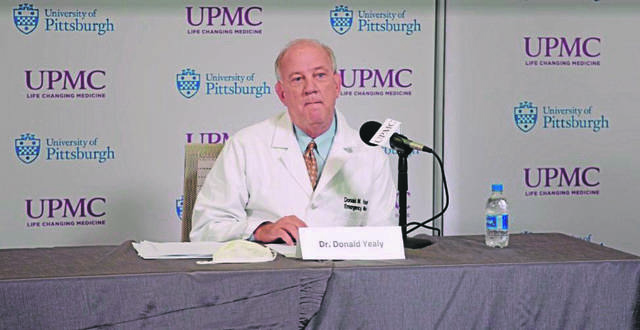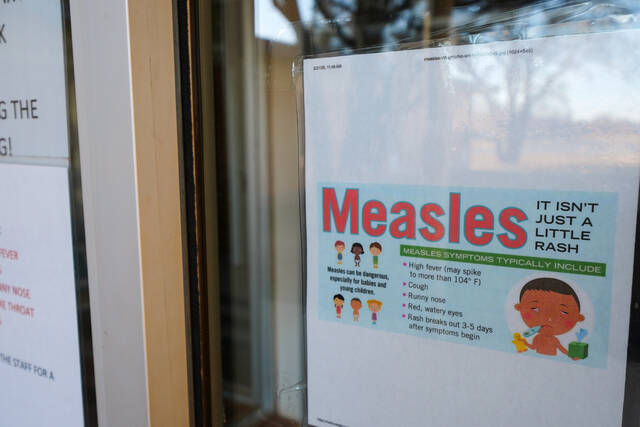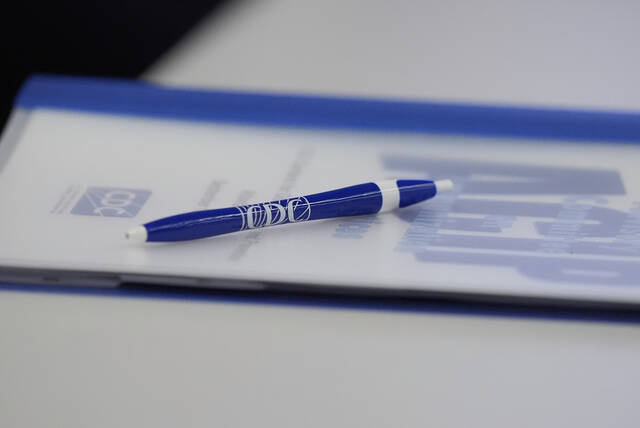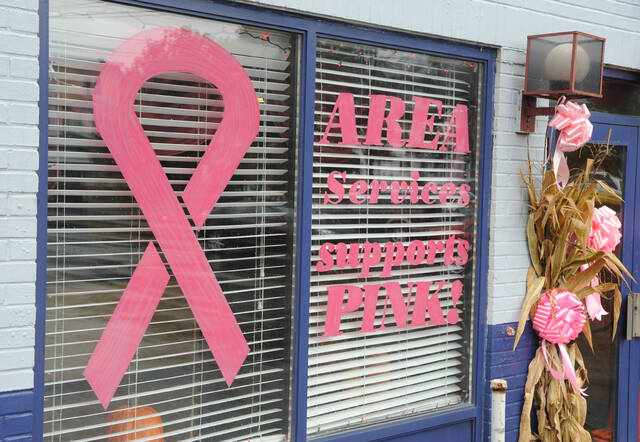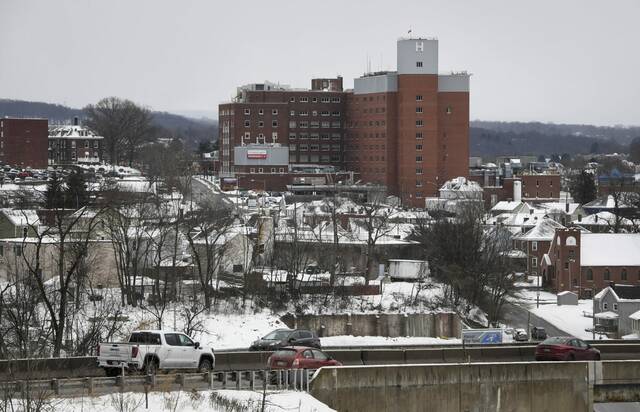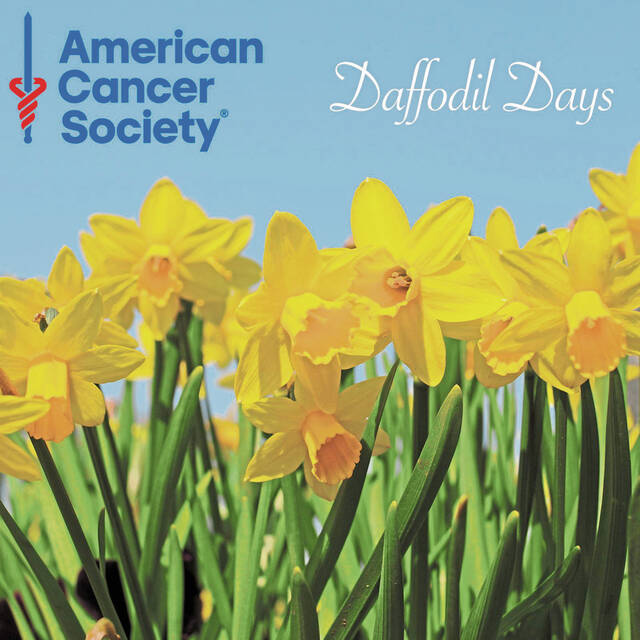Hydroxychloroquine, a malaria drug pushed by President Trump to treat covid-19, has again shown to be ineffective in treating people hospitalized with covid-19, according to results of a study published Monday.
The study “puts to rest any lingering hope that hydroxychloroquine is an effective treatment against covid-19,” said co-author Dr. Donald Yealy, UPMC’s senior medical director and chairman of emergency medicine at UPMC and the University of Pittsburgh.
The study was conducted at 34 hospitals in the Prevention and Early Treatment of Acute Lung Injury Clinical Trials Network, which includes UPMC hospitals. The results were published Monday in the Journal of the American Medical Association.
The news comes the same day drug giant Pfizer announced a covid-19 vaccine it is developing may be 90% effective. President-elect Joe Biden also announced the membership of his coronavirus advisory board.
Hydroxychloroquine had been touted as a potential treatment for covid-19 by President Donald Trump and initial observational studies appeared to indicate the drug may be beneficial.
But previous studies in June and July also found no benefit from the drug.
Hydroxychloroquine was used as a treatment earlier, before there was strong evidence it would be beneficial, according to Dr. Wesley H. Self, an emergency medicine doctor and vice president for Clinical Research Networks and Strategy at Vanderbilt University Medical Center.
Self was the study’s lead investigator.
The clinical trial used the “strongest methods possible” to gather high-quality information about the benefits of treating people hospitalized with covid-19 with hydroxychloroquine, Self said.
The study showed no evidence the drug prevented death or hastened recovery from covid-19.
“Combined with other studies that showed similar findings, we believe this trial provides compelling data for clinicians to stop using hydroxychloroquine,” Self said.
Yealy agreed.
“There is no clear benefit of it,” Yealy said.
The study, combined with the others that also were completed on hydroxychloroquine, put to rest a 100-year-old question about whether quinine-related treatments could help with respiratory illnesses, he said.
“We now know that it doesn’t really help,” Yealy said.
UPMC had always used care when using hydroxychloroquine and other treatments outside of a clinical trial, he said.
Basic care remains the most effective treatment for covid-19, meaning close observation and monitoring by medical personnel, Yealy said.
The antiviral drug remdesivir can also help in some patients, and in severe cases steroids can help, as previous UPMC studies have shown, Yealy said.
Despite the latest surge in covid-19 cases in the region — Allegheny County added 530 cases between Sunday and Monday and Pennsylvania reported more than 6,300 new cases during the same time-frame — UPMC remains capable of treating the patients who need the care, Yealy said.
“The number of patients requiring intensive care of breathing machines is much lower than compared to spring,” Yealy said.
He again stressed the simple measures are most important with preventing spread of covid-19.
“The simple things will matter more than any drug, any vaccine,” Yealy said. “Wear the mask, keep vigilant.”


